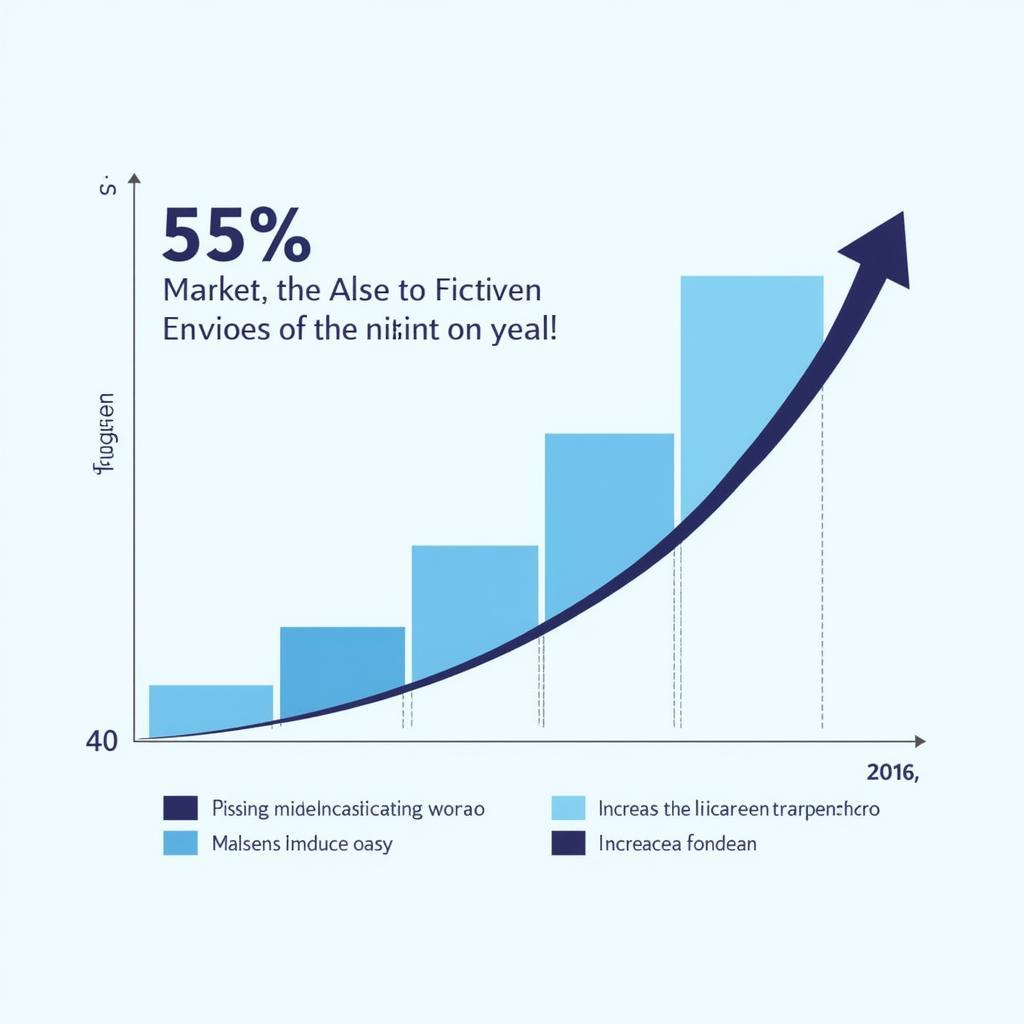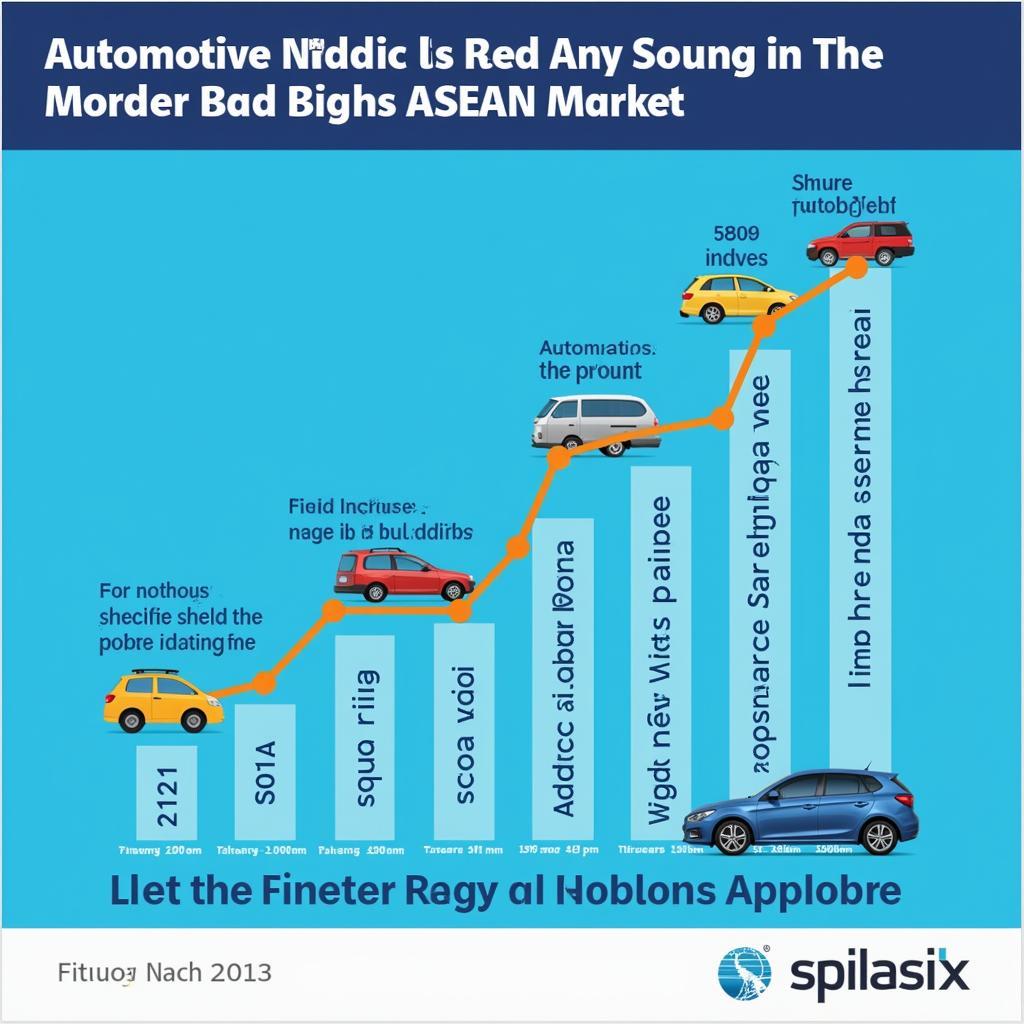The term “ASEAN Autism” might seem perplexing at first, as it isn’t a distinct condition. Instead, it signifies the experience of autism within the diverse cultural and socioeconomic landscape of Southeast Asia. This article delves into understanding autism within the ASEAN region, highlighting its challenges, triumphs, and the importance of fostering inclusive communities.
Autism: A Spectrum Across Borders
Autism Spectrum Disorder (ASD) is a complex neurodevelopmental condition that affects communication, social interaction, and behavior. While the core characteristics remain consistent globally, the experience of autism within the ASEAN region is shaped by unique cultural interpretations, access to resources, and societal perceptions.
Cultural Factors Influencing Understanding and Acceptance
Cultural beliefs play a significant role in how autism is perceived and addressed in ASEAN countries. In some cultures, traditional views might attribute autism to spiritual factors or karma, leading to delays in seeking professional help. However, with increased awareness, these perceptions are gradually evolving, and families are increasingly embracing modern medical understanding and interventions.
Challenges and Opportunities in ASEAN
Individuals with autism in ASEAN countries often face unique challenges, including:
- Limited access to early intervention services: Early diagnosis and intervention are crucial for improving outcomes for individuals with autism. However, in many ASEAN countries, access to these services, particularly in rural areas, can be limited due to factors like geographical constraints, financial limitations, and a shortage of trained professionals.
- Social stigma and inclusion: Despite growing awareness, social stigma surrounding disabilities, including autism, persists in some communities within ASEAN. This can lead to exclusion, discrimination, and limited opportunities for individuals with autism to participate fully in society.
- Diverse linguistic landscape: The multilingual nature of many ASEAN countries poses a challenge for diagnosing and supporting individuals with autism, as assessment tools and therapies often need to be adapted to various languages and dialects.
Despite the challenges, the ASEAN region also presents opportunities for progress:
- Growing awareness and advocacy: Numerous organizations and parent groups across ASEAN are actively working to raise awareness about autism, advocating for better policies and services, and supporting families.
- Government initiatives: Many ASEAN governments are increasingly recognizing the importance of supporting individuals with disabilities, including those with autism. Initiatives are being implemented to improve access to education, healthcare, and employment opportunities.
- Regional collaboration: ASEAN provides a platform for member states to collaborate on disability rights and share best practices for supporting individuals with autism.
Empowering Individuals and Families
Supporting individuals with autism in ASEAN requires a multi-pronged approach:
- Early identification and intervention: Increasing awareness among healthcare professionals and families about early signs of autism is crucial. This allows for timely diagnosis and access to early intervention services, which can significantly impact a child’s development.
- Accessible and inclusive education: Creating inclusive educational settings that cater to the diverse needs of autistic students is essential. This includes providing trained teachers, individualized learning plans, and appropriate support services.
- Promoting employment opportunities: Facilitating the transition of autistic individuals into meaningful employment is vital for their independence and inclusion. This can be achieved through vocational training programs, job coaching, and supportive work environments.
- Building supportive communities: Creating communities where individuals with autism feel accepted, valued, and empowered is crucial. This includes promoting understanding and acceptance among the general public and fostering social inclusion.
Looking Ahead: A Future of Inclusion for ASEAN Autism
Addressing the needs of individuals with autism in ASEAN requires a collaborative effort from governments, healthcare professionals, educators, families, and communities. By embracing diversity, promoting inclusion, and providing appropriate support, we can empower individuals with autism to reach their full potential and live fulfilling lives.
FAQs About Autism in ASEAN
1. What are some common misconceptions about autism in ASEAN?
One common misconception is that autism is a curse or a punishment. This often stems from a lack of understanding about the condition. Another misconception is that individuals with autism are incapable of learning or living independently.
2. Are there any specific resources available for families of autistic individuals in ASEAN?
Yes, there are several organizations, support groups, and online platforms dedicated to providing information, resources, and support to families of autistic individuals across ASEAN.
3. How can I support an individual with autism in my community?
Simple acts of kindness and understanding can go a long way. Educate yourself about autism, treat individuals with autism with respect and patience, and be an advocate for inclusion in your community.
Do you need more information about autism in Southeast Asia? Contact us at Phone Number: 0369020373, Email: [email protected] or visit our office located at Thon Ngoc Lien, Hiep Hoa, Bac Giang, Vietnam. Our dedicated team is available 24/7 to assist you.


